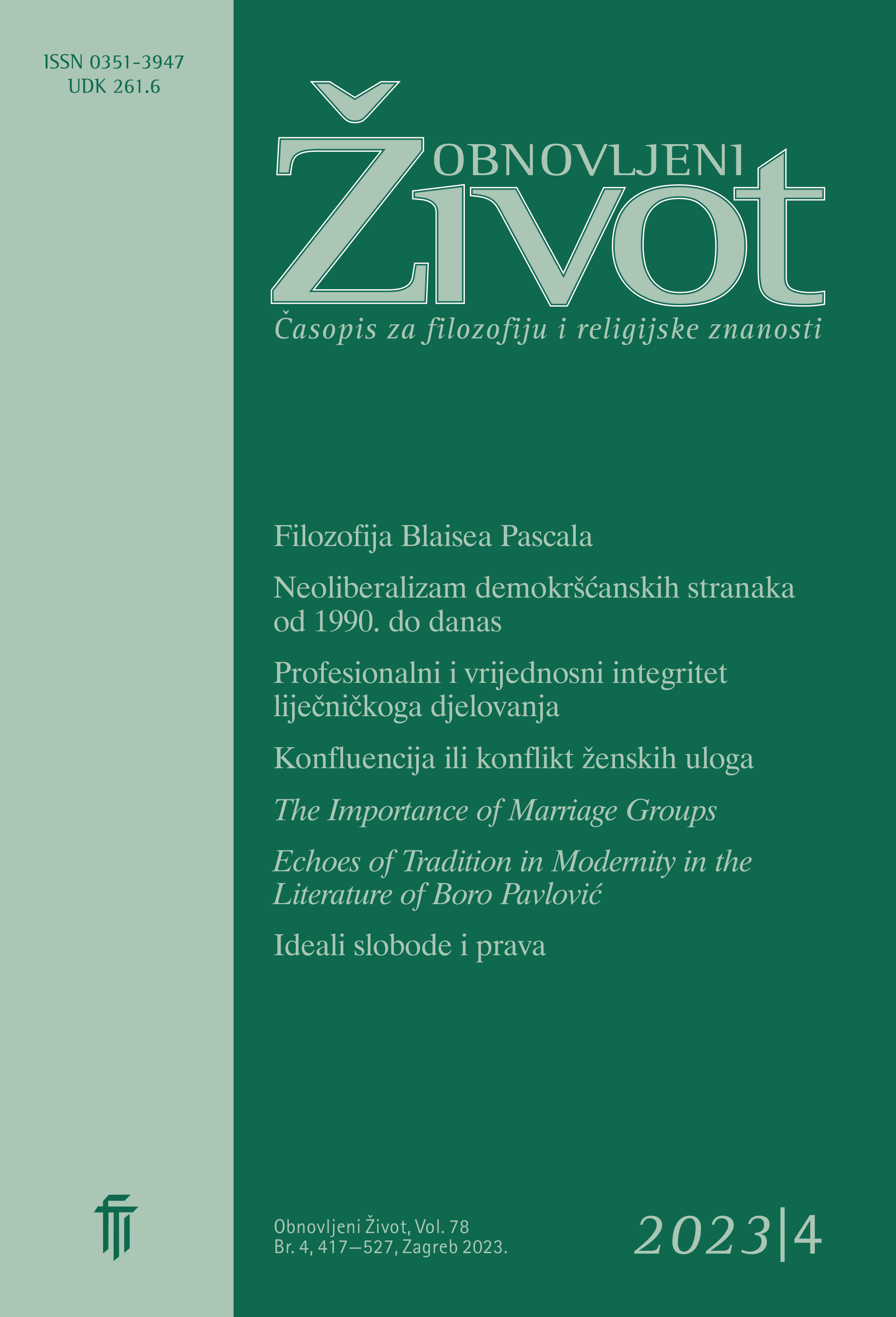The Neoliberalism of German Christian Democratic Parties in the Citizenship Policy from 1990 to the Present
Keywords:
Germany, Christian democratic parties, citizenship policy, immigration, IslamAbstract
This paper presents an analysis of the political and legal framework for the citizenship policy which has been developed by Christian democratic parties in Germany since 1990 until today. The aim is to explore the means and motives for the creation of the concept of an „immigration country,“ which evolved around 2000 and has since then been the cause of turmoil between political actors and the public. The citizenship policy is no longer a non–negotiable identity issue but rather has been transformed into public policy that can be negotiated at any time. In Germany this was characterized by negotiations between political parties, mainly coalition partners, pressures by international organizations, NGOs and business associations. The influence of some religious groups, mostly Islam, was also very much evident. The common denominator for all these discussions on immigration was the neoliberal approach of using migrants and asylum seekers for the building of an „economic miracle“ i.e. transforming the whole of society to consist of individuals in the work force and consumers. This narrative, which is hardly Christian, was then translated into the citizenship policy by the Christian democratic parties, mostly under Merkel’s guidance, who implemented it during her many years in power. The final result was the „maturation“ of Germany as an „immigration country“ and a de facto multicultural society which, only some decades ago, had been highly homogeneous as far as culture and ethnicity were concerned.
Downloads
Published
Issue
Section
License
Jednom prihvaćeni članak obvezuje autora da ga ne smije objaviti drugdje bez dozvole uredništva, a i tada samo uz bilješku da je objavljen prvi put u Obnovljenom životu. Uredništvo će obavijestiti autora o prihvaćanju ili neprihvaćanju članka za objavljivanje.
Članci objavljeni u časopisu se, uz prikladno navođenje izvora, smiju besplatno koristiti u obrazovne i druge nekomercijalne svrhe.


